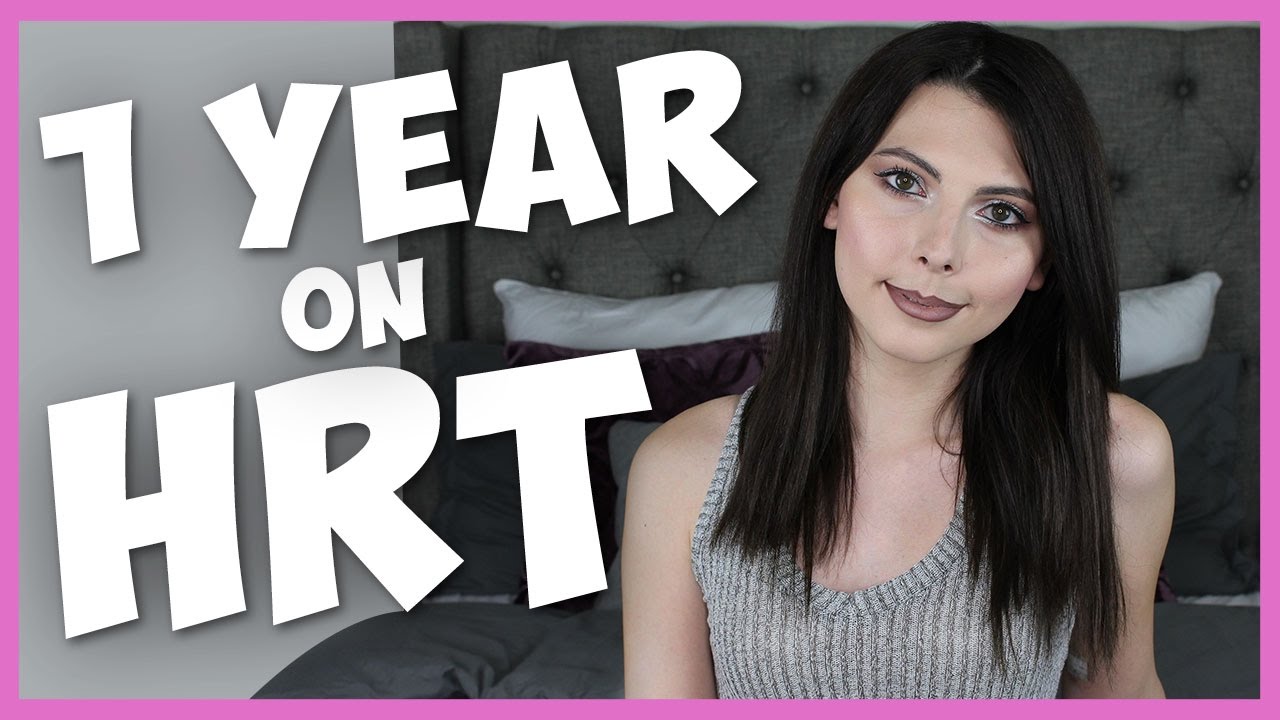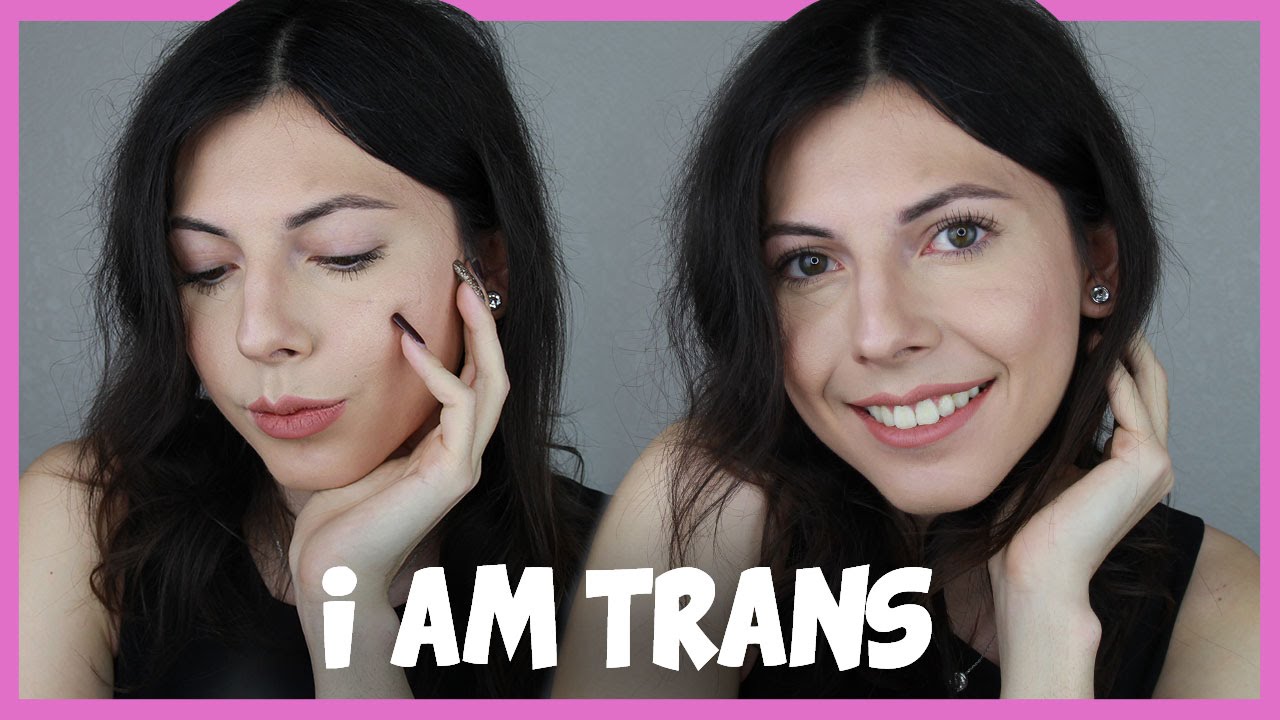My Loved One is Transgender
Is your child, significant other or loved one transgender? Here is a place to learn what that means and how you can come to terms with who they are/be supportive.
My Loved One is Transgender
Is your child, significant other or loved one transgender? Here is a place to learn what that means and how you can come to terms with who they are/be supportive.
Advice from a Parent of a Transgender Individual
 I would like to start by sharing a quote from my mother, “As a parent of a transgender child, all I wish for is others to take the time to listen to their loved one(s) and strive to provide a non judgmental space where they can come to you with their experiences good or bad. Be that someone that they can talk to. As hard as it may be at first, try not to ask your questions as they most likely do not have all of the answers yet. Perfection is not expected as a parent, but be patient and love unconditionally like you always have. I proudly share Casey’s story by showing pictures reflecting how happy she is. Her smile now showcasing her teeth, confidence, and strength. I am proud to have Casey Blake as my beautiful transgender daughter and for the example she sets to the community.”
I would like to start by sharing a quote from my mother, “As a parent of a transgender child, all I wish for is others to take the time to listen to their loved one(s) and strive to provide a non judgmental space where they can come to you with their experiences good or bad. Be that someone that they can talk to. As hard as it may be at first, try not to ask your questions as they most likely do not have all of the answers yet. Perfection is not expected as a parent, but be patient and love unconditionally like you always have. I proudly share Casey’s story by showing pictures reflecting how happy she is. Her smile now showcasing her teeth, confidence, and strength. I am proud to have Casey Blake as my beautiful transgender daughter and for the example she sets to the community.”
Here we are told two extremely important things. One, be open-minded to your child’s desires. Growing up is about finding out who they want to be by exploring their style, sexual orientation, and gender. Two, asking questions can be overwhelming. When just coming out at first majority of the child’s desire is to know they are supported, accepted, and loved unconditionally. Focus on showing them support instead of trying to figure out the logistics. Not to mention, the topic most likely is new to your child, meaning they simply won’t have all the answers you’re looking for. A quote from my mother “All I have ever wanted for you, is to be happy, healthy, and safe. I probably will make mistakes along the way, but just know I am learning alongside you in this journey.”
If you live within the United States there’s a widely known support group called PFLAG. Where parents, families, and friends of an LGBTQIA+ individual can get help to educate and equip you with helpful tools. Find a chapter near you here. If finding support online is a better route for you, one recommendation is to search through FaceBook groups for a LGBTQIA+ family support group.
FAQ
Being transgender can mean a variety of things to any given individual. The definition of transgender is: denoting or relating to a person whose sense of personal identity and gender does not correspond with their assigned sex at birth. Some people identify as transsexual which falls under the umbrella term of transgender. The definition of transsexual is: a person who emotionally and psychologically feels that they belong to the opposite sex.
Sexual orientation is who you’re attracted to & gender identity refers to one's personal choice of being a man, woman or laying somewhere outside the societal gender spectrum. One does not directly affect the other.
If someone you know has come out as trans, you should ask them what name and pronoun(s) they prefer. It’s safer to ask them individually than to assume. Assumption or incorrect pronouns can hurt a loved one's feelings. Most transgender people do not like others using there dead name, the birth name of someone who has since changed it. I recommend always approaching this topic when you are alone and can engage in this private/personal conversation. If asking isn’t an option at that exact moment, use gender-neutral pronouns such as they/them/their/theirs/themselves.
The exact same way you’ve been treating them. Being transgender does not change who you are at the core, your loved one is still the same person. Yes, they may change internally and externally, especially during transition, but these changes typically result in a much happier and authentic individual. Give them time to explore, discover and learn about themselves. Show them as much support as possible. Ask, how can I help? Reassure and ensure that you’ll always be there if they need someone to talk to.
When sharing a pre-transition story you should always use their current name and pronouns. Doing otherwise could come off as rude and even place this individual in a life-threatening situation.
If you do something you believe hurt your loved one, correct yourself immediately and apologize. It shows you’re trying to be supportive. If you didn’t have the chance to apologize within that moment, take the time to in private. You do not want to call more attention to the situation within a public space.
Related Content
Check out my recent posts sharing my story and others!
Want to hear more advice from parents, siblings or friends of a transgender?
Don’t be the last one to know. Sign up for monthly updates on blogs, videos and member exclusives. It’s free!
Want to hear more advice from parents, siblings or friends of a transgender?
Don’t be the last one to know. Sign up for monthly updates on blogs, videos and member exclusives. It’s free!



